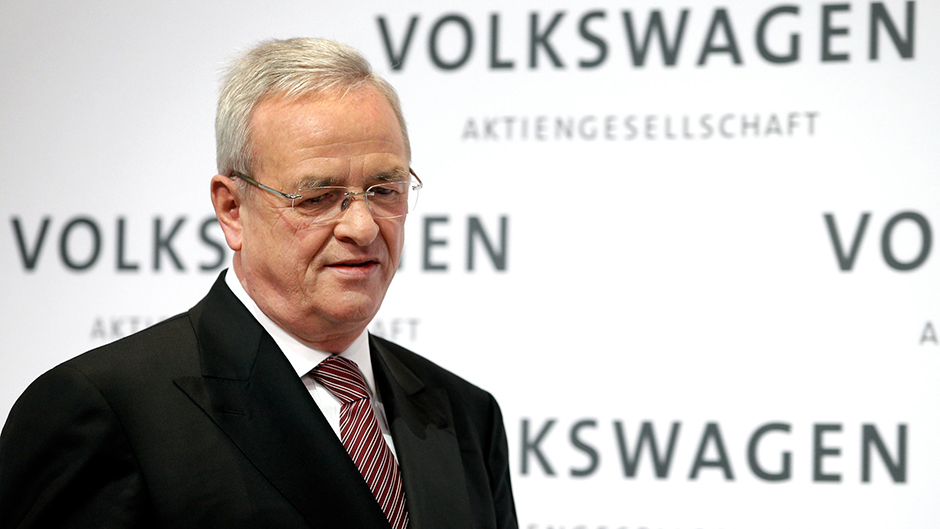Former Volkswagen CEO to pay $17m over Dieselgate scandal – NZ Autocar

In March we reported that Volkswagen Group was in hot pursuit of its former CEO Martin Winterkorn, as well as former Audi CEO Rupert Stadler, in the hopes of suing both parties over damages relating to the infamous ‘Dieselgate’ scandal.
Well, it appears that the brand has made progress. According to overseas reports, Winterkorn has agreed to pay the German firm €10million ($16.9million) in damages.
Reuters notes that Winterkorn, Volkswagen, and a list of former executives have agreed to the figure across several meetings (with no doubt a few lawyers present). A sign off from the group on the figure is tipped to take place next week, with shareholders said to be signing off on the deal in July.
According to a comprehensive internal investigation launched by Volkswagen, Winterkorn and Stadler were the key architects of plans to create and roll-out emissions ‘cheat devices’ in diesel cars in order to get them to pass emissions tests. No other members of the board committed violations, Volkswagen says.
Said investigation reportedly involved 480 million documents, 1.6 million of which were directly tied to Dieselgate. On top of this, 1550 interviews with various witnesses and staff members were conducted.
Dieselgate first came to light in 2015, when it was found that certain Volkswagen diesel products came with an elaborate ‘cheat device’ designed to allow cars to pass emissions regulations while being tested officially, only to produce far more emissions when taken on the open road by consumers who were none the wiser.
Winterkorn was one of the first executives to resign in the early days of the scandal, which itself resulted in thousands upon thousands of Volkswagen vehicles either being ‘bought back’ from customers or being ‘repaired’.
It resulted in a significant drop in sales of diesel Volkswagens worldwide — the brand kicking off a grand pivot to electrification as a result. In what was somewhat a blessing in disguise, it now finds itself ahead of most rival firms in terms of electrification progress.
*** This article has been archived for your research. Find the original article here ***